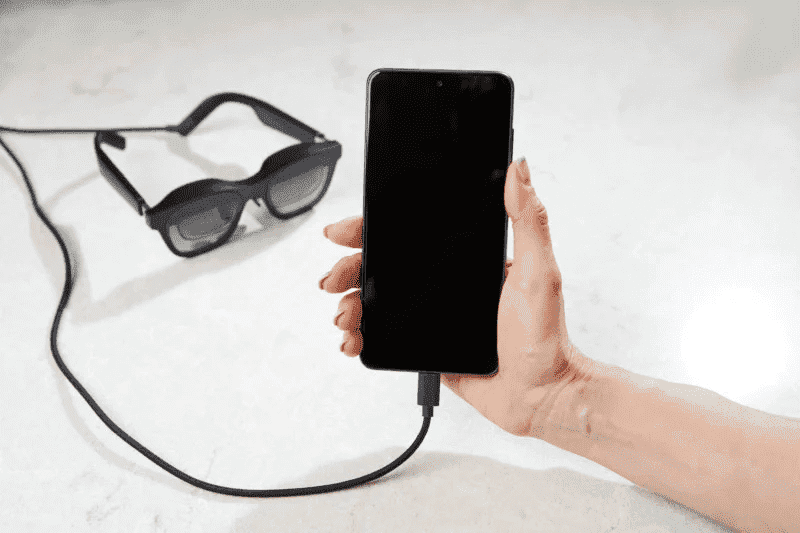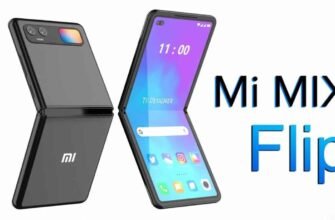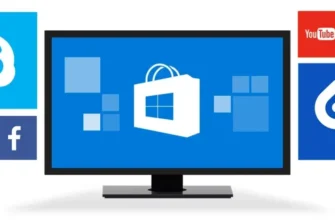When a hearing impaired person wants to communicate with others, they usually use lip language and facial expressions to understand the meaning of the person they are talking to. For some people with hearing loss, hearing aids work. However, hearing aids are not suitable for everyone, and they are not very comfortable either. A British smart glasses company (XRAI Glass) has released a product that can display real-time conversations on the lenses of glasses.

The smart glasses are manufactured by Nreal, which produces AR glasses, and the software is XRAI Glass. During use, the microphone on the glasses will record audio conversations. It will then use a wired connection to send it to the mobile phone. WITHsubtitles will be displayed at specific times through the sound and audio software on the mobile phone. On smart glasses, the software can also identify who is speaking. In addition, it can also work while making a phone call.
Not ideal for noisy environments
Since smart glasses rely too much on audio software, the effect is not so ideal when the environment is noisy. Also, it may not work properly when communicating with many people. However, XRAI Glass president Schoff optimistically said that product development and optimization will always take time. This is only the first generation of products, future generations will come with improvements. In the future, this software will be combined with contact lenses, and audio technology will also develop rapidly. The company said: "We are proud that this innovative technology can enrich the lives of people with hearing impairments."
"The impact of being able to talk to someone without looking at their lips is definitely life-changing," say users who have used the glasses.
The current price of these smart glasses is 399,99 pounds ($487). Now 100 people with hearing impairments are using these smart glasses. If all goes well, the glasses will be officially released in September.
Google hardware director: AR smart glasses are still in development
Google's director of hardware, Rick Osterloh, said in an interview a few days ago that "environmental computing" is Google's future goal and vision. "Computers should be able to help you easily solve any problem and be right there with you," Osterloh said in an interview Wednesday. A few months ago, Google introduced a number of new products and feature updates at its developer conference Google I/O 2022. At the end of the event, Google released new smart augmented reality (AR) glasses that support the Google Translate service.
Earlier, Google released Google Glass, which can connect to the Internet, but the project ultimately failed. In the 10 years since the launch of the device, Google has carried out a number of research projects in such augmented reality. However, most hardware products are traditional smartphones, laptops and home smart speakers.
"We learned a lot from the launch of Google Glass," Osterloh said in an interview. "We know how difficult it is to develop this technology and what is important to users."
Osterlo did not say when the augmented reality smart glasses will be available. All that said, he confirms that Google has "a number of engineers and developers who continue to develop the product for internal testing." "There's a lot more to come, but we'll continue to invest heavily in augmented reality," he said.
But products like "smart" glasses play a key role in Google's "ambient computing" vision, Osterloh said. "You can see how great it would be to have a device on your face that would allow you to instantly communicate, translate and be able to discover the world around you in real time," he said. It is similar to XRAI Glass and Nreal smart glasses.
Zuckerberg plans to release Meta AR glasses in 2024
Mark Zuckerberg hopes to make the upcoming Meta glasses his "iPhone moment" to renew himself and the company, according to former employees of the Meta AR smart glasses project. According to the report, Meta's first-generation AR glasses, called Nazare, will be designed to work autonomously with a wireless device that offloads some of the computing.
A feature of the device is the ability for users to communicate and interact with holograms of other people. Meta, according to the source, intends to release the first generation of augmented reality glasses by 2024, targeting early adopters and developers. In the same year, the company also plans to release a pair of cheaper smart glasses codenamed Hypernova. This device will connect to smartphones to display incoming messages and other notifications on the projection screen.
Looking ahead, plans for Meta AR include a lighter and more advanced version of the Nazare glasses, due out in 2026. It will be followed by the third version in 2028. Zuckerberg hopes that if the AR glasses are successful, they will open new perspectives for Meta. It's also kind of an innovation path for Meta and Zuckerberg. However, Meta will have to contend with Apple, which has its own AR ambitions. Apple is working on at least two augmented reality projects, including an augmented reality headset that will be released in late 2022 or 2023, followed by a sleek pair of augmented reality glasses.
Apple's AR/VR headset is coming in 2022, possibly at WWDC in June, but Apple has some development issues to overcome. Reliable sources such as analyst Ming-Chi Kuo and Bloomberg's Mark Gurman say the headset could be released in 2023 and the smart glasses in 2024 or 2025.




